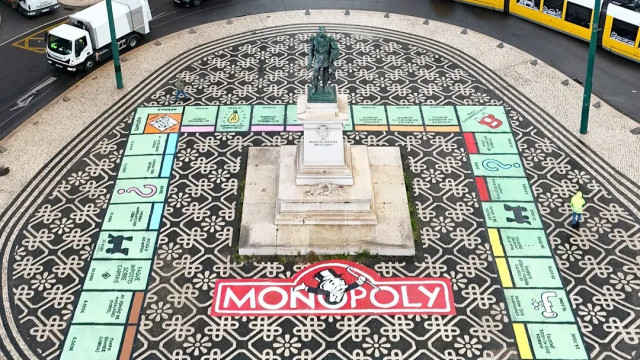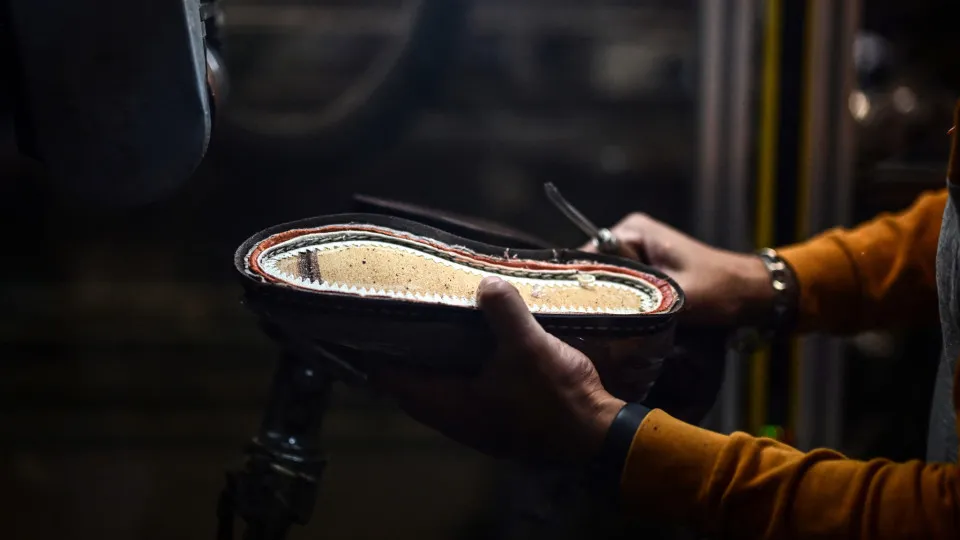The Lisbon City Council undertook the removal of an art installation by the artist Bordalo II at Praça Duque da Terceira, in Cais do Sodré, on Friday. The council stated that the artwork had damaged the traditional Portuguese pavement at the site.
Bordalo II had transformed Praça Duque da Terceira into a giant Monopoly board to criticize the housing crisis in Portugal. The installation, titled ‘Provoc’, was composed of canvas.
Lisbon’s government, led by Carlos Moedas, explained to the Observador that they are conducting the “removal of the canvas from Praça Duque da Terceira” because it is “an installation not authorized by the municipality, which represents an attack on the city’s heritage.”
The council further noted that the installation necessitated “the repair of the artistic Portuguese pavement at the site, which was damaged as a result of this act.”
Notícias ao Minuto reached out to the Lisbon City Council for further clarification, particularly regarding the alleged damages, and is awaiting a response.

The primary aim of the artist’s initiative is to critique the housing crisis in Portugal.
The artist confirmed on Instagram the authorship of the piece, sharing several images on the platform, and elaborated on his objective. “Our cities are being transformed into large game boards. The right to housing, stated in the Constitution, is now subject to luck or chance. Some players trade houses for hotels, some mortgage properties to banks, others are the bank—but in this game, not everyone starts with the same amount, and few receive money when passing ‘Go’,” wrote Bordalo II.
See, in the photo gallery above, some images of the work shared by the artist.
Monopoly is a well-known board game created in the United States in the early 20th century. It simulates buying, selling, and renting properties with the objective of bankrupting opposing players.




